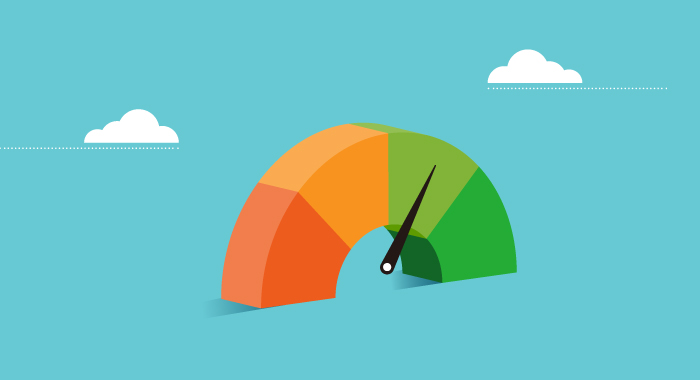One of the most-recommended actions to improve your financial health is to know your credit score and check up on your credit report. But what exactly is a credit report and why is it so important to keep up to date with it? More importantly, when you do check your credit report – exactly what information are you supposed to be looking for? Read on for a summary of everything you need to know about what to look for when you pull your credit report.
What exactly is a credit report?
A credit report is a statement that offers up-to-date information on credit-related financial activity, including purchases on your credit card and payment history on loans, credit cards and so on. Your credit report is compiled by a credit reporting company, based on the information they receive from credit card companies, loan providers and other kinds or financial or lending companies.
On your credit report, you'll find personal information like your date of birth and social security number, as well as key information about your credit accounts -- including what credit cards or mortgages you hold, what your credit limit is on these accounts, a historical record of payments made as well as payments missed, and so on.
Your credit report will also show any foreclosures or bankruptcies you've experienced, as well as legal information such as civil suits and judgements.
Why does a credit report matter?
Your credit report includes a deep and detailed look into your financial history; making it an extremely important item. Your credit report and credit score – which is calculated based on your credit report – directly influence your ability to be approved for a credit card or loan. When you have a healthier credit score, you can qualify for a higher limit on credit cards as well as a larger amount on your mortgage or other loans.
With all this in mind, it’s no wonder that the first step in getting a handle on your finances is usually to find out your credit score and start regularly reviewing your credit report.
How do you access your credit report?
It’s actually a very simple process to access your credit report. Check out annualcreditreport.com, which is authorized by the federal government to provide free credit reports from the three major credit bureaus in the US. All you need to do is make the request in order to receive a copy of your report.
For a long time, every citizen has been entitled to receive a free copy of their credit report once per year. Following the coronavirus outbreak, the three credit bureaus have jointly changed their policy to enable everyone to access a free copy of their credit report as often as once per week until April 2021. This policy is intended to offer a bit more financial visibility in a year when many are facing difficulties.
What should you look for when you check your report?
Firstly, check that all your personal details are correct. Look out for any addresses or account numbers that you don’t recognize, which could indicate identity theft or another form of fraud.
Similarly, check through your list of accounts to ensure all names and addresses are correct. While the credit card balance won’t be up-to-the-minute, your payment history should accurately reflect recent credit card or loan payment activity. If you notice that a payment hasn’t been reflected – or more critically, that a payment was calculated as late when you’re sure it was paid on time – make a note of this information.
The “negative information” section on your credit report makes it easy to check for any inaccuracies in terms of unpaid collection, bankruptcies and so on.
Finally, you will also find a list of credit inquiries, which refer to when potential creditors or other people, such as yourself, have checked your credit. Review the names and addresses of organizations and ensure that all “hard inquiries” were authorized by you.
What if you find something wrong?
It’s important to dispute inaccuracies as soon as possible so that they can be removed from your credit report before your credit score is negatively affected. Tell the credit bureau in writing about the inaccuracy you’ve found, and provide supporting documentation to verify your claim. The credit bureau will investigate and respond. Be sure to retain copies of all communication during this time, in case you need this for future follow-ups.





